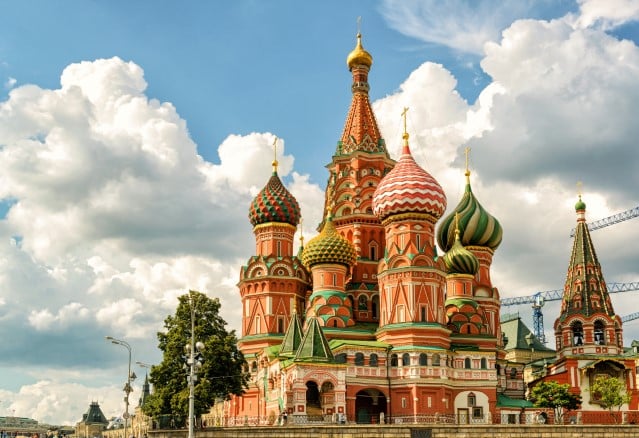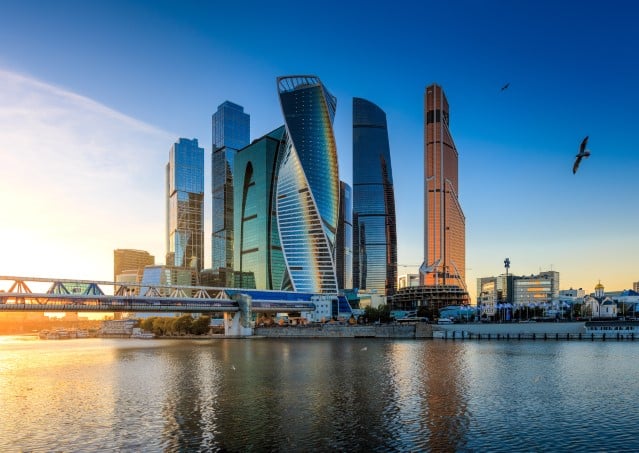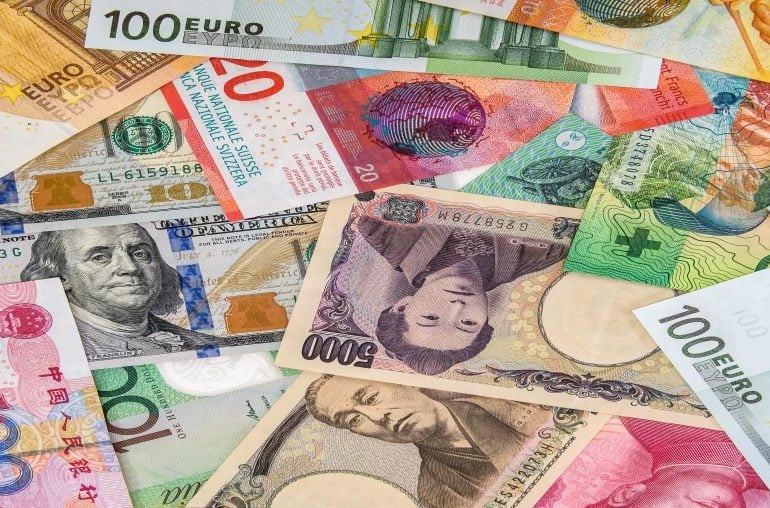After the invasion of Crimea and Donbas in 2014, several countries imposed economic sanctions on the Russian Federation and on Russian companies. The sanctions have been tightened after Russia’s invasion of Ukraine and an end to the sanctions and to a possible further tightening is not in sight. The sanctions had and continue to have a significant impact on the resolution of disputes with persons/entities affected by the sanctions: counsel may no longer be able…
Although class action procedures were codified in Russian civil procedure legislation in October 2019, they have not been especially popular or widely used in the last two years. Just a handful of class action cases have been resolved so far. Lately, however, it seems they are becoming more common – even reaching the e-learning sector, which has expanded significantly during the COVID-19 pandemic in Russia. A class action against an educational platform called GeekBrains has…
1. Introduction As in other jurisdictions, Russia’s insolvency legislation is based on the pari passu principle. However, this principle is subject to certain exceptions, specifically with respect to shareholders and other non-arm’s length creditors, such as the controlling persons of an insolvent company (“Affiliated Creditors”). In practice, Affiliated Creditors use other instruments (e.g. loans, intergroup supplies etc.) to have their claims listed in the creditors’ register of an insolvent company. First, this enables such creditors…
On 19 June 2020, a new Russian law (known as the “Lugovoy Law,” named after its author [1]) enters into force, introducing a number of changes into the Russian Arbitrazh Procedural Code. Most important, Russian state commercial courts (also called “arbitrazh” courts) will now have exclusive jurisdiction over disputes directly or indirectly involving those sanctioned entities that fall within the scope of Russian legislation (“Disputes”). Disputes also include disputes between foreign businesses if these sanctions…



